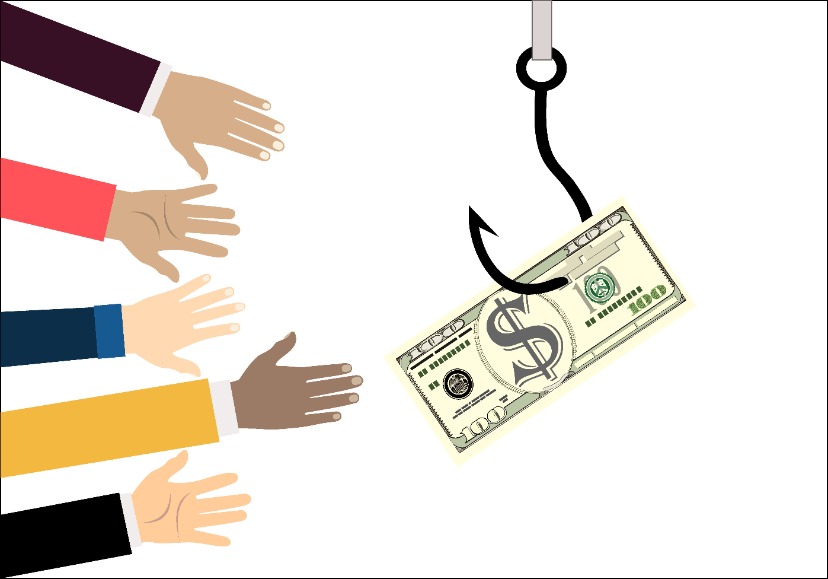The IRS is warning employers to be wary of third parties advising them to claim the Employee Retention Credit (ERC) when they may not qualify.
“Businesses are encouraged to be cautious of advertised schemes and direct solicitations promising tax savings that are too good to be true,” states the IRS. “Taxpayers are always responsible for the information reported on their tax returns. Improperly claiming the ERC could result in taxpayers being required to repay the credit along with penalties and interest.”
The ERC, the IRS explains, is a refundable tax credit designed for businesses that paid employees while shut down due to the COVID-19 pandemic or had significant declines in gross receipts from March 13, 2020, to December 31, 2021. Eligible taxpayers could claim the ERC on an original or amended employment tax return for a period within those dates. Those who didn’t—and who still qualified—are invited by the IRS to file adjusted employment tax returns.
Qualifying for ERC requires quite a bit of bookkeeping and paperwork. You need to prove that, during designated 2020-2021 timeframes, you were forced to shut down or partially shut down, that you experienced a significant decline in gross receipts, or that you qualified as a recovery startup business (you have an even longer window of time if you’re a recovery startup business). Eligible employers also “cannot claim the ERC on wages that were reported as payroll costs in obtaining PPP loan forgiveness or that were used to claim certain other tax credits.”
Enter third parties promising to make the process easy and profitable, even for businesses that don’t legally qualify.
“Some…are taking improper positions related to taxpayer eligibility for and computation of the credit,” the IRS states, adding that “These third parties often charge large upfront fees or a fee that is contingent on the amount of the refund and may not inform taxpayers that wage deductions claimed on the business’ federal income tax return must be reduced by the amount of the credit.”
The problem is so prevalent that these third parties are being called “ERC mills.” Accounting Today points out that the IRS has identified more than 11,000 “suspicious” federal returns claiming more than $2 trillion in credits. The aggressive firms driving the fraud brazenly advertise and promote themselves in plain sight.
“It’s usually a guy shouting, ‘you’re entitled to $28,000 per employee!’ in that really annoying voice,” one CPA told Accounting Today. They’re “buying time on all the stations—it’s a nationwide thing. There’s a cottage industry of ERC mills.”
The fraudsters are brazen, likely because the IRS is slow to take action against them. Although an identity theft fraud filter newly installed this spring allowed the IRS to flag the 11,000 returns it wants to look at more closely, it’s only just now showing signs of organizing and training auditors to take on those ERC cases.
Don’t be lured into claiming ERC if it doesn’t seem like you qualify. As the Accounting Today article indicates, it’s best to take the credit with the expectation that you’ll be audited eventually. Such an audit is only a mere annoyance for those with nothing to hide and who have kept detailed records. Feel free to contact us with questions.

